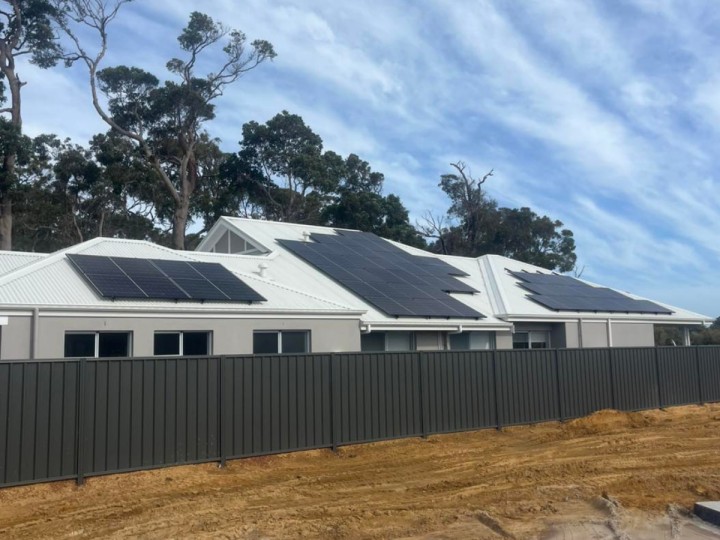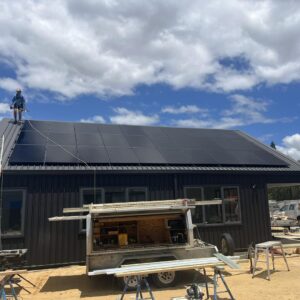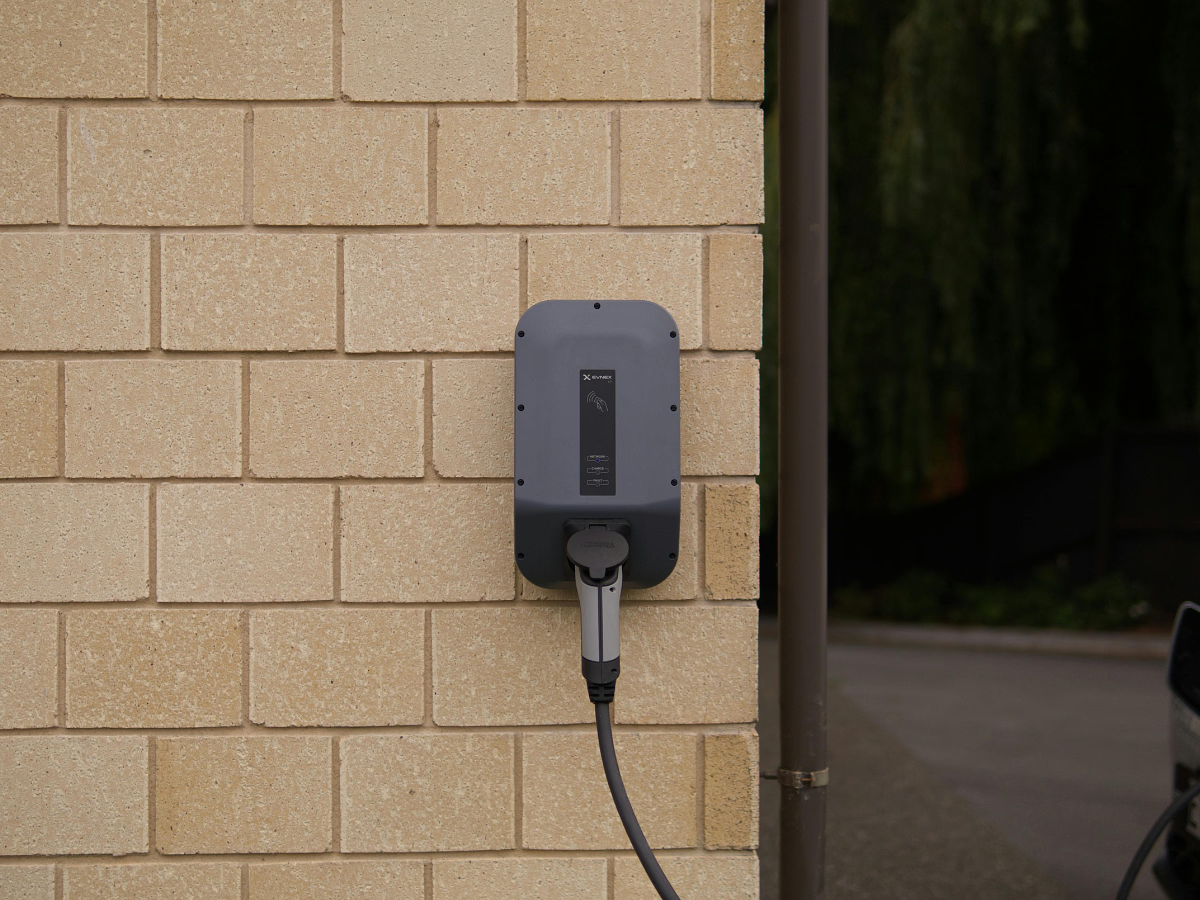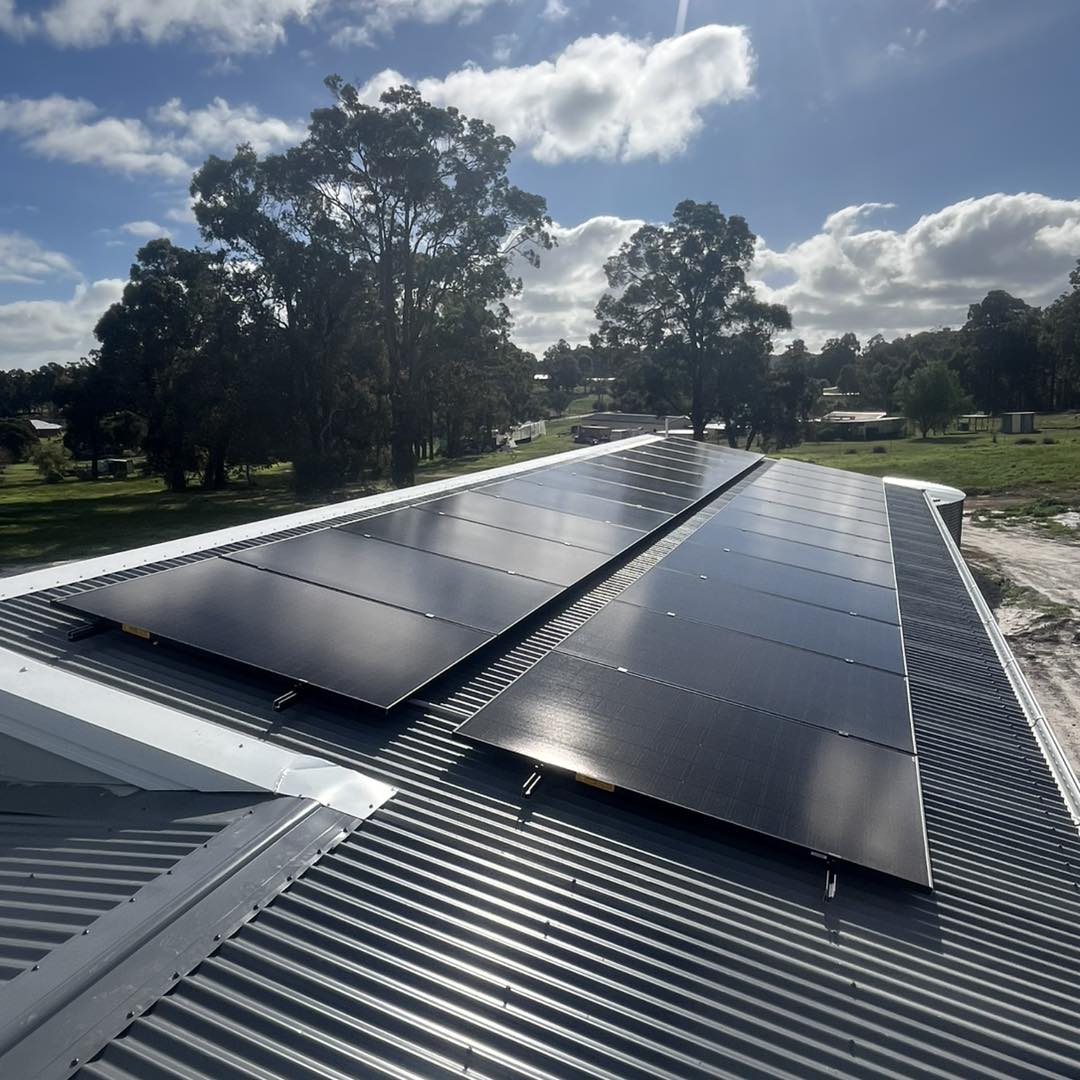Introduction
Australia leads the world in rooftop solar, with more than three million households now powered by the sun. But for many, the challenge is maximising solar benefits beyond daylight hours. That’s where solar batteries make all the difference.
By storing excess energy generated during the day, batteries allow households to use their own solar power in the evening or during peak demand, cutting reliance on the grid and reducing bills.
To make solar storage more accessible, both federal and state rebates are available. For homeowners in Western Australia, the WA Residential Battery Scheme provides a practical pathway to affordable storage solutions. Understanding how these rebates and battery packages work is the first step towards independence and smarter savings.
Why Solar Batteries Matter
Without a battery, excess power from your panels is exported under WA’s Distributed Energy Buyback Scheme (DEBS) at a relatively low rate. While this provides some benefit, it doesn’t compare to the savings of using your own stored energy at night.
A well‑designed solar battery system allows households to:
1. Rely less on grid electricity and evening peak tariffs
2. Protect against rising energy costs
3. Enhance energy independence
4. Enable backup power during blackouts (with the right system design)
By managing when and how you use power, batteries give households more control, while also supporting Australia’s clean energy transition.
Understanding Battery Packages
A solar battery package generally includes:
1. Battery unit – storage capacity measured in kWh
2. Inverter – converts power between AC and DC
3. Installation & compliance – carried out by accredited installers
4. Monitoring software – track solar usage in real time
When selecting a package, consider:
1. Capacity (kWh) – how much energy you can store
2. Power rating – how quickly energy can be delivered
3. Efficiency – how much is lost in storage/retrieval4. Lifespan and warranty (often 10+ years)
Working with a trusted provider like MaxSolar ensures your system is tailored to household needs, designed for WA conditions, and installed to Clean Energy Council standards.
The Role of Government Rebates
The recently relaunched WA Residential Battery Scheme helps reduce the upfront cost of battery storage for Synergy and Horizon Power customers. Key details include:
1. A rebate on approved battery systems
2. Optional interest‑free loans for eligible households
3. Mandatory participation in a Virtual Power Plant (VPP)
4. Application managed by your accredited installer
5. Products must appear on the approved equipment list
This is in addition to the Federal Government’s Small‑scale Renewable Energy Scheme (STCs), which lowers the upfront cost of solar panels. Vendors like MaxSolar can coordinate both, so discounts are applied directly at the point of installation.
Rebates in Other States
Victoria’s Solar Homes Program, South Australia’s home battery offers, and Queensland’s support schemes highlight the national momentum behind storage. While criteria differ, the outcome is the same: rebates make batteries more accessible and shorten the payback period.
Benefits Beyond Cost Savings
Rebates are only part of the value. With a battery system, households benefit from:
1. Lower bills – through increased solar self‑consumption
2. Faster ROI – rebates shorten payback periods significantly
3. Community impact – batteries support grid resilience via VPPs
4. Sustainability – cutting carbon emissions across WA’s South West
Practical Factors Before Applying
Before taking advantage of rebates, consider:
1. Eligibility rules – including location and income thresholds
2. Approved installers – required under WA’s scheme
3. System design – MaxSolar will recommend the right battery size for your home
4. Application deadlines – schemes usually have limited allocations
5. Blackout resilience – not all systems include backup by default; Tesla and SENEC systems offered by MaxSolar can.
How to Get Started
Your first step is to review your energy usage and goals. A local provider like MaxSolar can:
1. Assess your home’s solar potential
2. Recommend the right battery brand and package (Tesla or SENEC)
3. Manage your WA rebate application
4. Handle Synergy/Western Power approvals
5. Provide remote monitoring and support post‑installation
With over a decade of experience across Busselton, Vasse, Margaret River, Bunbury and surrounds, MaxSolar specialises in custom battery packages that maximise value for South West households.
Conclusion
Solar battery packages are transforming how Australians use renewable energy. By storing excess solar for later use, households cut bills, support sustainability, and take control of their energy future.
With the WA Residential Battery Scheme and guidance from accredited local experts like MaxSolar, batteries are now more accessible and valuable than ever.
Enquire today to discuss the right package for your home and start maximising your solar savings.
Frequently Asked Questions
1. How do solar battery rebates work?
Rebates reduce upfront costs by applying discounts at installation, with eligibility depending on scheme criteria.
2. Are all households eligible?
No. Each scheme has rules based on location, income, and approved equipment.
3. How long do solar batteries last?
Typically 10–15 years, with warranties available from leading brands.
4. Can rebates be combined with other incentives?
Yes – in WA, state rebates can combine with federal STCs for extra savings.
5. Do all batteries provide blackout protection?
No. Blackout backup requires compatible inverters and system design. MaxSolar offers Tesla and SENEC systems with optional backup capability.
Internal Links
Battery Storage services: MaxSolar Battery Storage
Solar system packages: MaxSolar Solar Panel Systems
Off‑Grid Solutions: MaxSolar Off‑Grid Solutions




